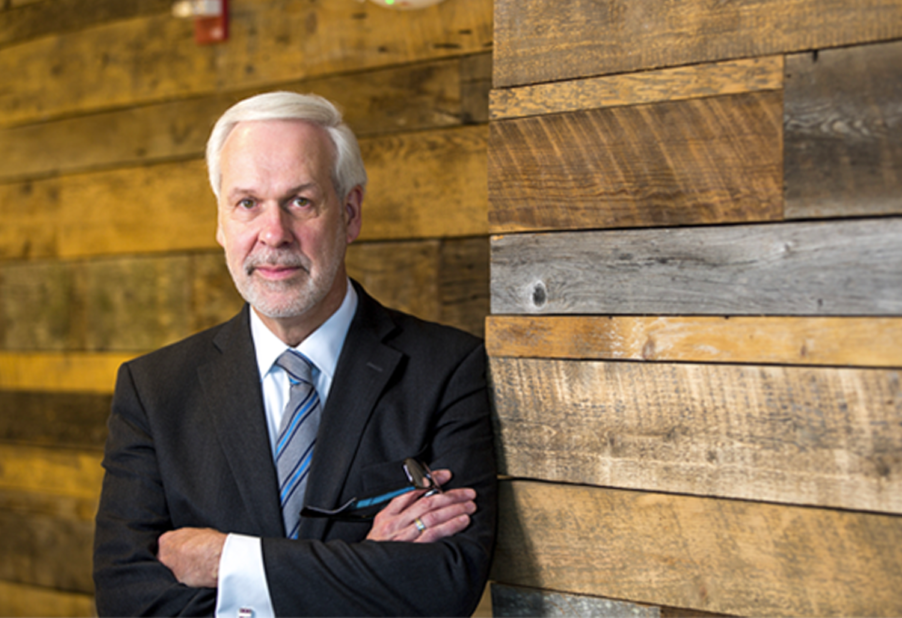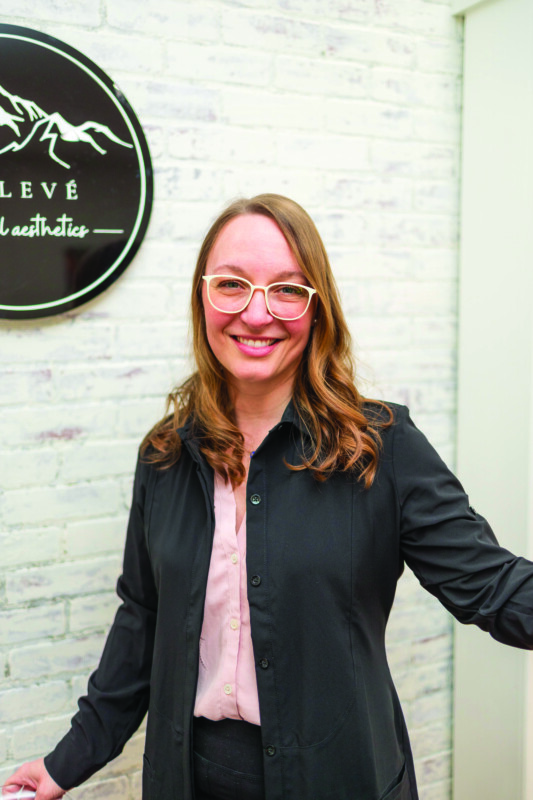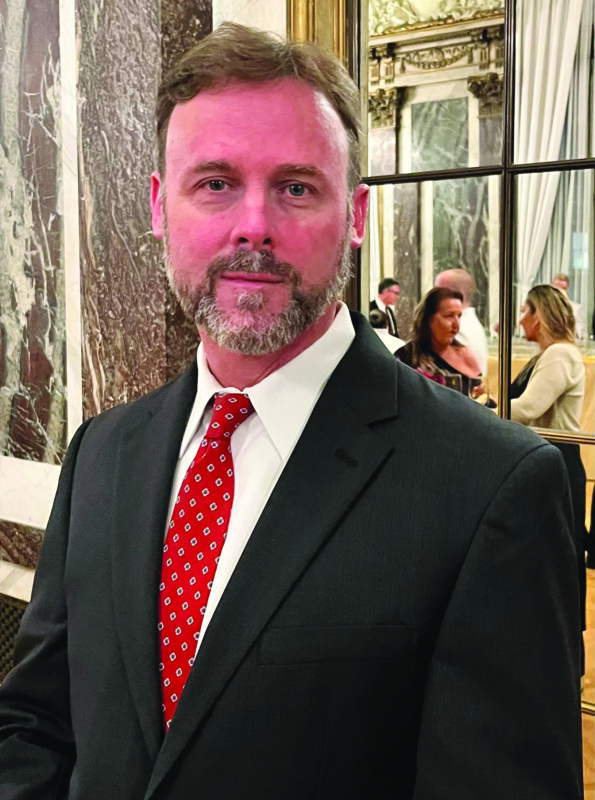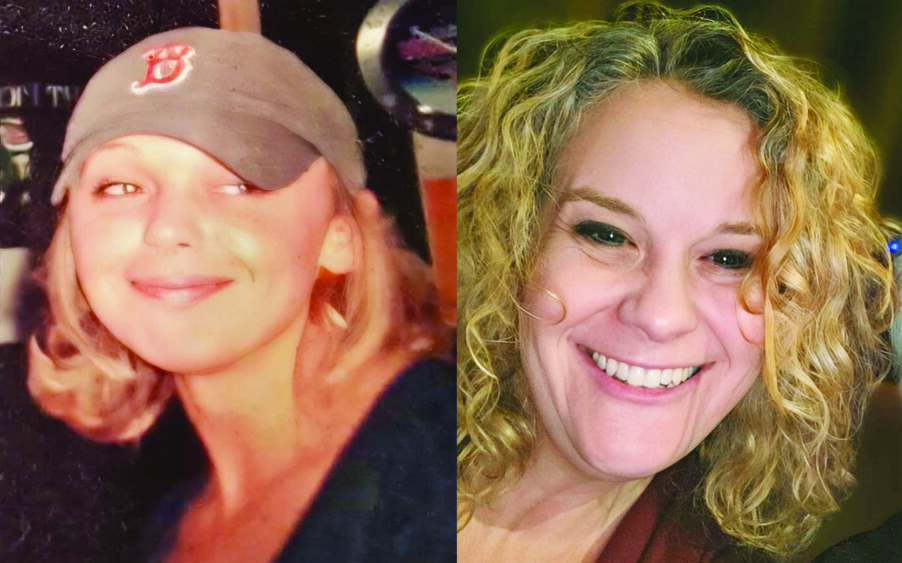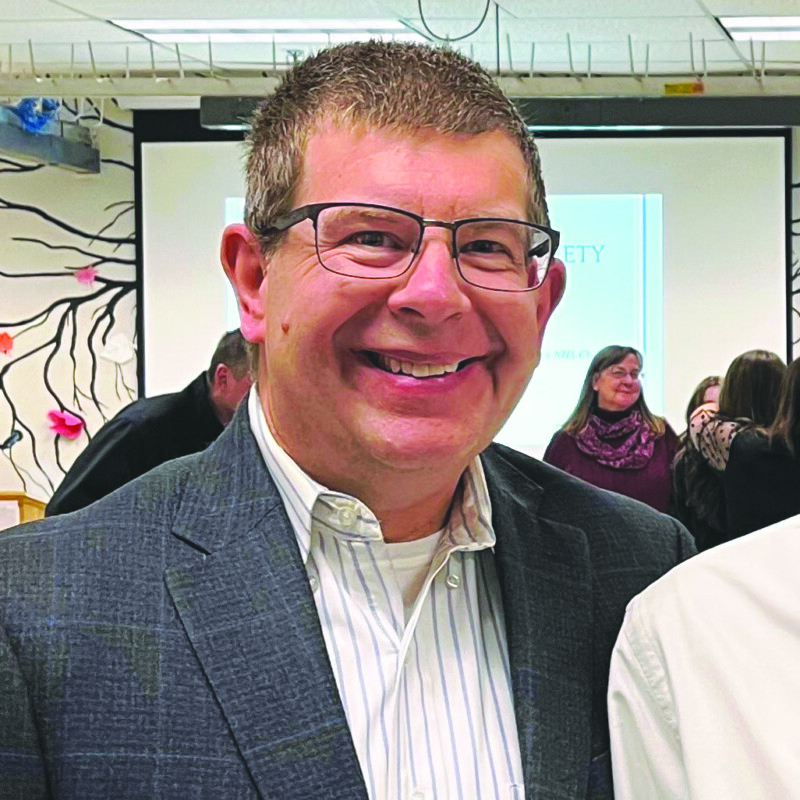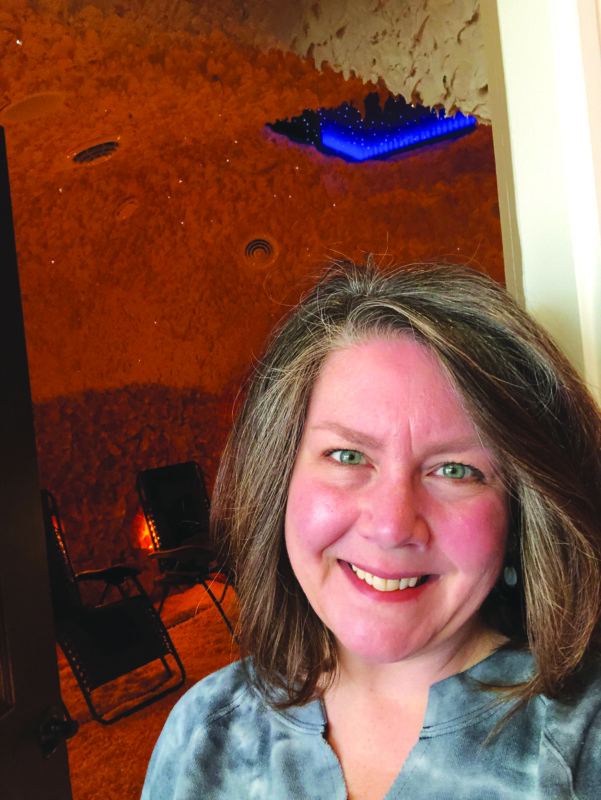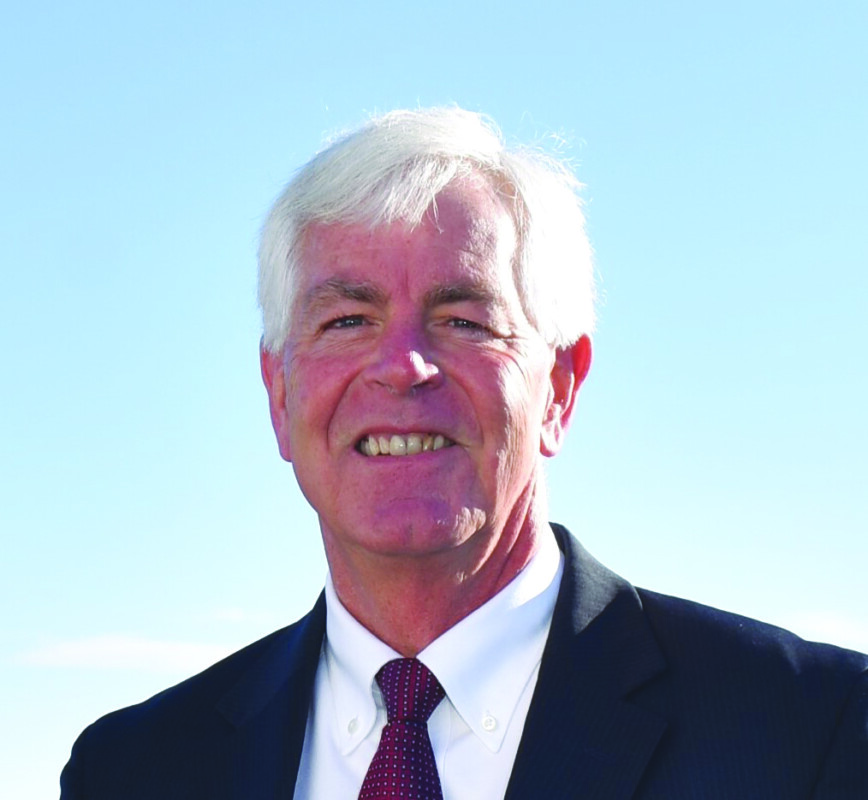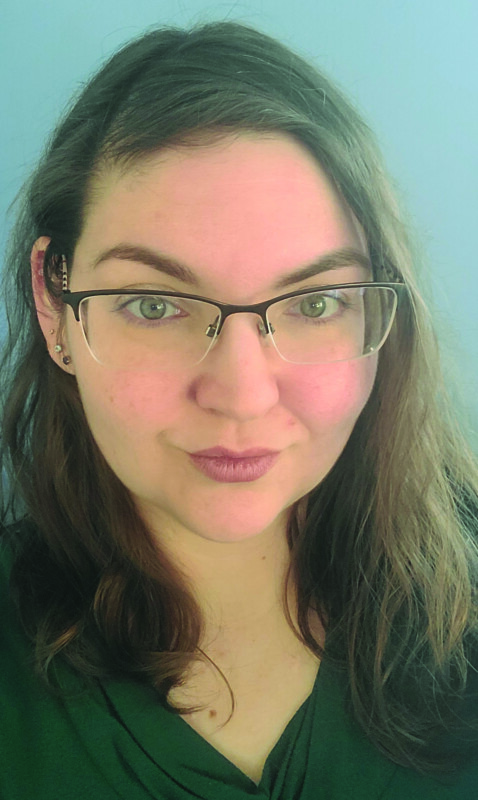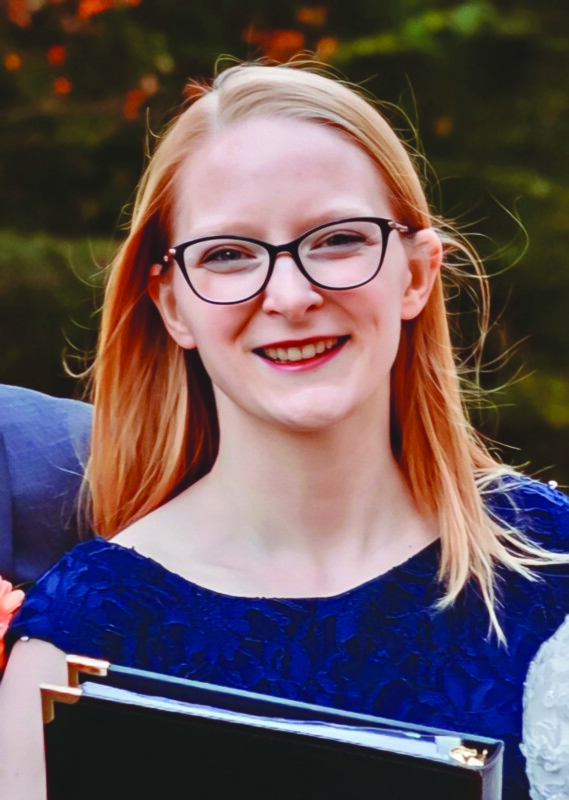Manchester Chamber awards SNHU president
The Greater Manchester Chamber has named Dr. Paul LeBlanc, president and CEO of Southern New Hampshire University, its Citizen of the Year.
Tell us about you and your background.
I was born in Canada in New Brunswick in a small farming village. I actually spoke French before I spoke English. There was really no work there for anyone, so my parents and my four older siblings and I immigrated to the Boston area when I was 3, and I grew up in Waltham, Mass. I went on to be the first member of my extended family to go to college. I think being a first-generation college graduate and an immigrant informs my sense of work and my sense of Manchester so much, because Manchester itself is a city of immigrants and of people who had to work hard and didn’t have anything handed to them. I came to Manchester almost 20 years ago as president of SNHU. Before that, I had spent seven years as the president of Marlboro College in Vermont, and before that, I was heading up a technology startup for Houghton Mifflin Publishing Company in Boston.
What do you consider some of your biggest accomplishments?
I always think of universities as playing an important role as an economic engine. When I came in, we had 2,500 students and were just a small, somewhat dated campus in the north end of Manchester. Today, we’re a national and international university with 185,000 active students, making us the largest university in the country. But we’ve still always been very focused on Manchester as our hometown. … I had this idea for a Center for New Americans, which we’ve created in conjunction with the YWCA, recognizing that Manchester’s history is built on New Americans. It has programs for youth, language programs — a wide array of programming. … During the pandemic, we, with partners, stepped up and took the lead with a number of things, like providing more than 210,000 meals during the first two years to kids who were on school lunch programs who might not have enough food at home; and working with the National Guard, converting the whole of our athletic complex into a spillover health facility for local hospitals. I think these are the things that I’m probably being recognized for as Citizen of the Year, but in reality, I’m accepting this [award] in the spirit of everything that SNHU and all of our people do.
What is your vision for the future of education?
We are often cited as being one of the most innovative universities in the country. That includes not only using online education to extend the reach of SNHU and to reach people who really need a degree to unlock an economic opportunity, but also being pioneers in competency-based education, which untethers people from time and allows them to move much faster. Innovating around delivery models that work better in people’s lives is a really important part of what we do. … We have a national network of community partners that are deeply embedded in underserved communities, and we have something called the GEM program, which stands for “global education movement,” and that brings degree programs to refugees. We’ve worked in refugee camps in Kenya, Malawi and Rwanda, and with refugee communities in South Africa and Lebanon, so we really do have a global reach. Our vision is to continue to try to make higher education more affordable and to put it in the financial reach of learners who are often left out and feel unable to access a system that’s increasingly too expensive for them.
What do you like about Manchester?
Manchester is a working city; it’s got some grit, and, like every city, it’s got real issues, like homelessness. But I love that it has such a strong sense of community and rootedness. … It has an amazing diversity of people in a state that can often feel pretty homogenous, and there’s energy and vibrancy that comes from that heterogeneous population. … Its food scene is burgeoning. … The Millyard is a hotbed of technology and innovation. … People are doing things in the arts community. … Yet it stays very modest. There’s a great self-deprecating humor about New Hampshire and Manchester. No one gets too full of themselves.
What do you like to do in your free time?
I’m lucky enough to be able to do some really interesting travel. I just came back from Antarctica, which was the most amazing travel experience ever. I’ve been to all seven continents and 60-something countries. That’s my passion. Closer to home, it’s things like cooking, reading, writing. I’ve been going back to my writing more lately, which I very much enjoy. I’ve written two books in the last two years.
Featured photo: Paul LeBlanc. Courtesy photo.

